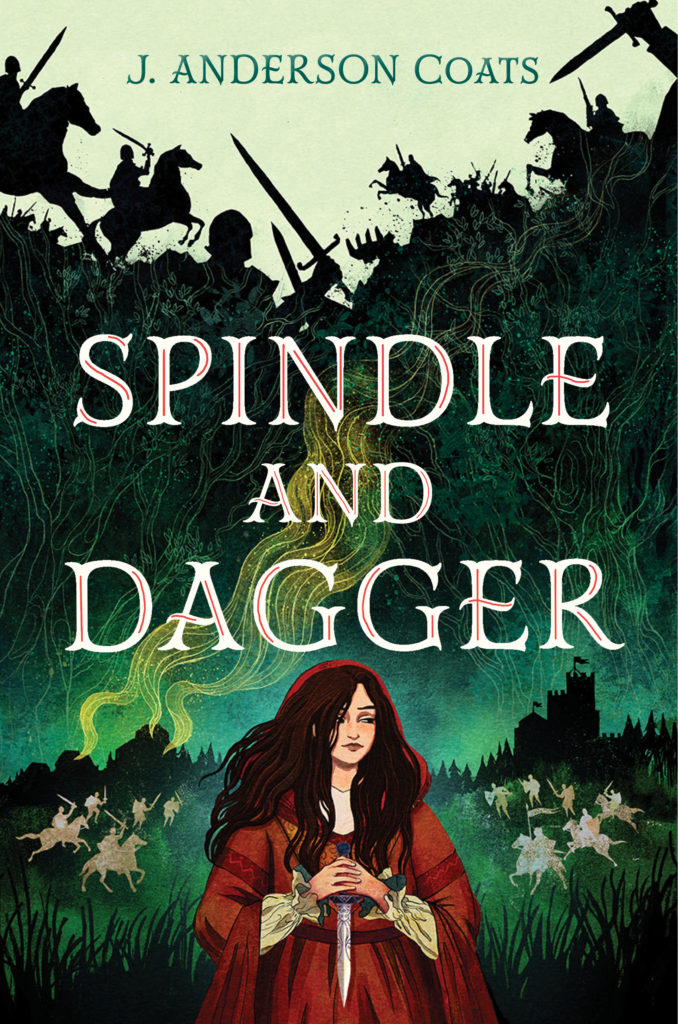
There is no single way to pronounce things in Welsh. The language has developed along regional lines over hundreds of years. This guide is intended to help English-speaking readers enjoy Spindle and Dagger.
In general, consonant sounds in Welsh are the same as those in English (for example, d as in dog). Vowels can be long or short, and y and w often function as vowels. Welsh has some letters composed of two characters together. It’s important to distinguish them from the individual characters.
In terms of pronunciation, a good rule of thumb is that the stress generally falls on the second-to-last syllable. Welsh is more or less a phonetic language; you pronounce all the letters as they appear, and none are silent.
c – always a hard sound, as in cat (never a soft s sound, as in cent)
dd – a hard th sound, as in the (note that Welsh also has a letter th, which is softer, as in thin)
f – a v sound, as in very
ff – an f sound, as in fish
g – always a hard sound, as in great (never a soft g sound, as in gentle)
ll – does not have a direct English equivalent, but sounds a bit like the tl sound in little
w – in words with more than one syllable, an uh sound, as in pull; in words with a single syllable, an oo sound, as in loom
y – in the last syllable of a word, a short i sound, as in it; in any other syllable, a short u sound, as in fun
Welsh-speaking readers will note that I use only one form of penteulu. I hope I might be forgiven this small concession to an English-speaking audience.